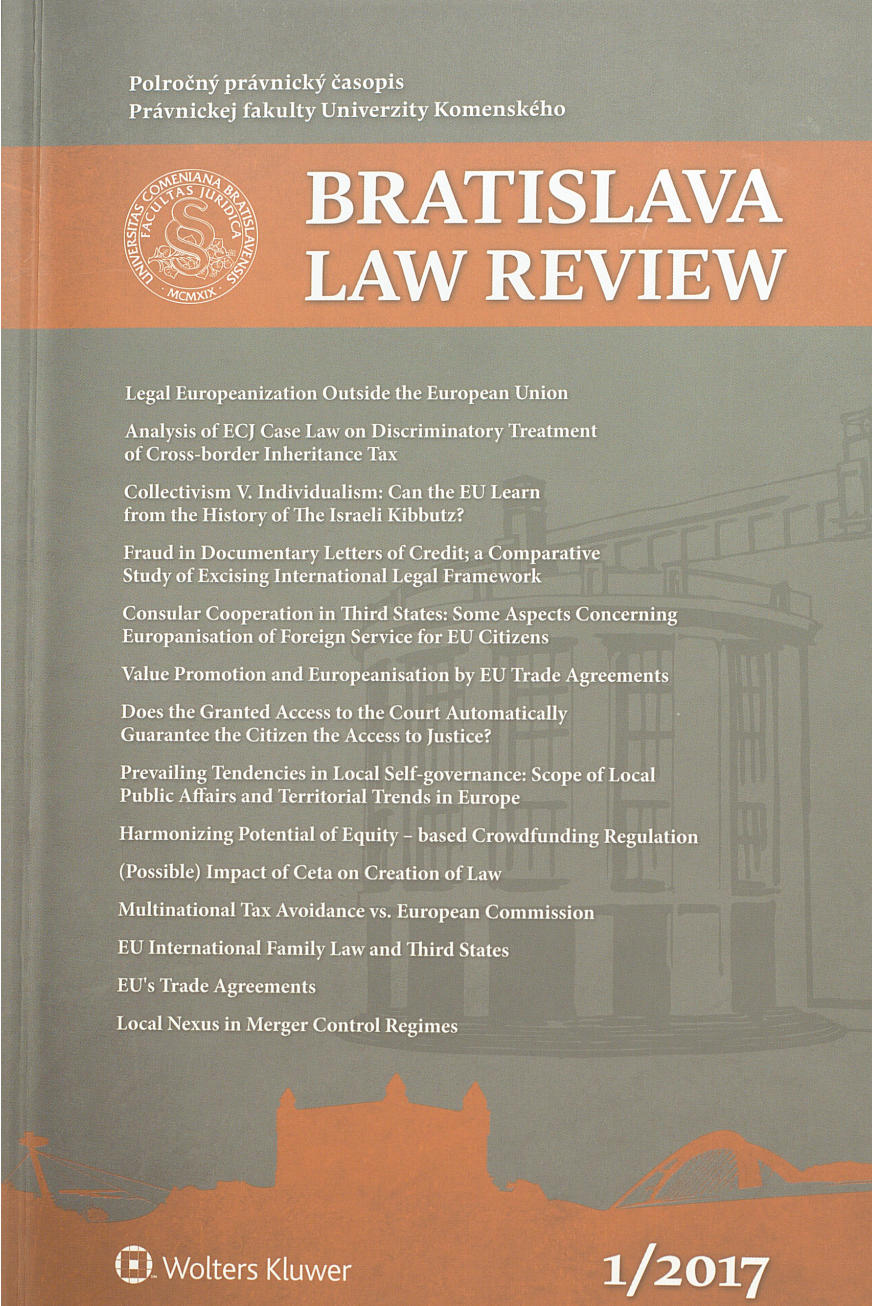COLLECTIVISM V. INDIVIDUALISM: CAN THE EU LEARN FROM THE HISTORY OF THE ISRAELI KIBBUTZ?
COLLECTIVISM V. INDIVIDUALISM: CAN THE EU LEARN FROM THE HISTORY OF THE ISRAELI KIBBUTZ?
Author(s): Nellie MuninSubject(s): Economic history, Political history, Social history, Recent History (1900 till today), Labor relations, Politics and society, EU-Accession / EU-DEvelopment
Published by: Univerzita Komenského v Bratislave
Keywords: Kibbutz; European Union; Integration; Crises;
Summary/Abstract: The EU seems to share some basic characteristics with the original model of the Israeli Kibbutz: both aim at enhancing a society based on solidarity and mutual guarantee, where members’ contribution is proportional to their abilities while their benefits are determined according to their needs. Both are underlined by the perception of subsidiarity, according to which the alliance is stronger than each of its individual members and can thus enhance their welfare more efficiently. On the other hand, both the Kibbutz and the EU were or are facing similar dilemmas. This paper reviews the efforts of Israeli Kibbutzim to encounter these challenges throughout their history, assessing whether a lesson relevant to current EU dilemmas can be drawn.
Journal: Bratislava Law Review
- Issue Year: 1/2017
- Issue No: 1
- Page Range: 29-47
- Page Count: 19
- Language: English

